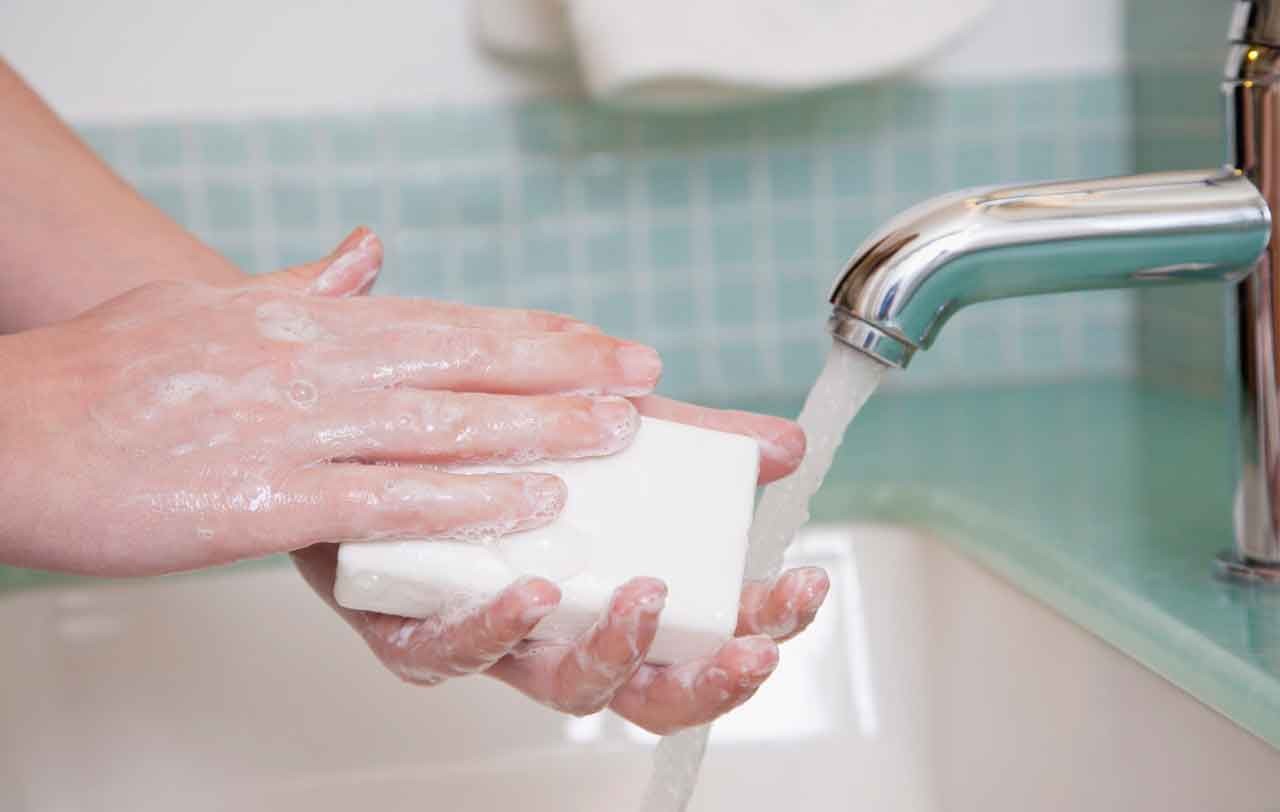Hand Washing Helps Control Infection Outbreaks

Washing your hands can help prevent colds, the flu, COVID-19, and other viruses. Here's what you should know.
As usual, your mom was right. You should eat your vegetables and wash your hands often to prevent colds, flu, COVID-19, and other viruses.
To keep your hands clean, lather with soap and water, scrubbing for at least 20 seconds. As the next best option, you can use an alcohol-based sanitizer. Always clean your hands after using the toilet and before you eat.
YOU MIGHT ALSO LIKE: Fighting Infection Without Antibiotics
Where did the idea come from?
Back in 1847, a young doctor named Ignaz Semmelweis noticed that many new mothers on a maternity ward at a Vienna hospital were dying of what was called “childbed fever.” At another ward, staffed by midwives, few women caught the illness.
Semmelweis realized the doctors in the first ward were dissecting infected cadavers with their bare hands, and then delivering babies.
He required anyone examining a woman in labor to wash their hands in a chlorinated lime solution. The death rate plunged.
You’d think everyone would have accepted that washing hands saved lives. In fact, other scientists had reached the same conclusion around the same time or even earlier.
But Semmelweis met resistance. His immediate superior did not accept his conclusion and he was demoted. Doctors resisted the new chore and didn’t like the idea that they had been killing mothers.
Semmelweis ultimately had a mental breakdown and died in an asylum from an infected wound at age 47.
Handwashing didn’t become accepted medical practice for years.
Today’s recommendations
Researchers estimate that, on average, humans touch their faces upwards of 20 times an hour. More than 40 percent of the time, they touch their eyes, mouths, and noses — the best places for a virus or bacteria to enter your body.
If your hands are clean, you won’t stop the invaders and prevent spreading them to someone else you touch. According to the Centers for Disease Control and Prevention, handwashing cuts the incidence of respiratory illnesses like colds 16 to 21 percent. It is even more effective at stopping the spread of illnesses involving diarrhea.
It also matters how you go about it. You need to wet your hands — front and back — with clean, running water. When you lather up with soap, scrub all over, including between your fingers and under your nails, for those 20 seconds. Then rinse and dry.
Soap can break through the outer coating of the COVID-19 virus and other viruses, making them unable to infect a human cell.
Alcohol-based hand sanitizers also alter the outer coating and can get inside pathogens as well. The sanitizer must be at least 60 percent alcohol. (Not all viruses are vulnerable to either approach, however).
Handwashing may seem like common sense to you, but some people don’t always do it after bathroom visits or before they eat.
Even in hospitals, workers need reminders. In one hospital, Changi General, which serves more than a million people in Singapore, it took a package of interventions to boost handwashing among doctors (from 43 percent to 60 percent) and nurses (from 62 percent to 89 percent).
At Johns Hopkins in Baltimore, certain employees have the job of watching whether doctors, nurses, and other healthcare workers wash their hands or use antibacterial gel before entering or leaving a patient’s room. The hospital compliance of nearly 100 percent.
Updated:
April 12, 2023
Reviewed By:
Janet O’Dell, RN